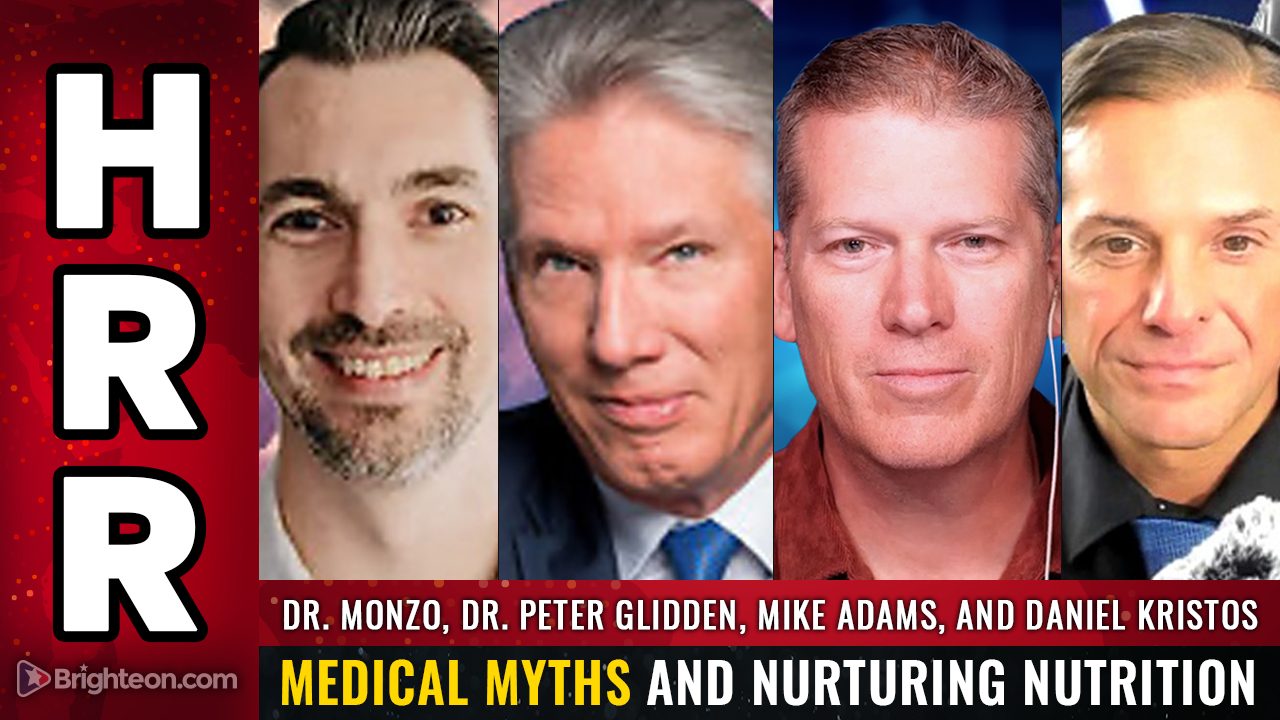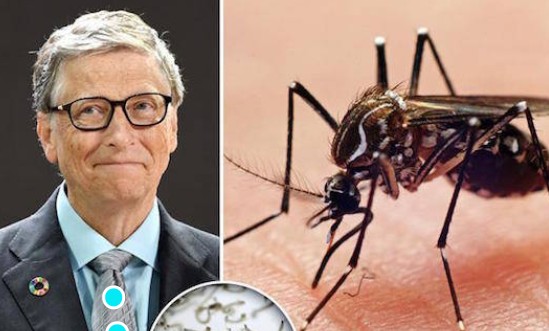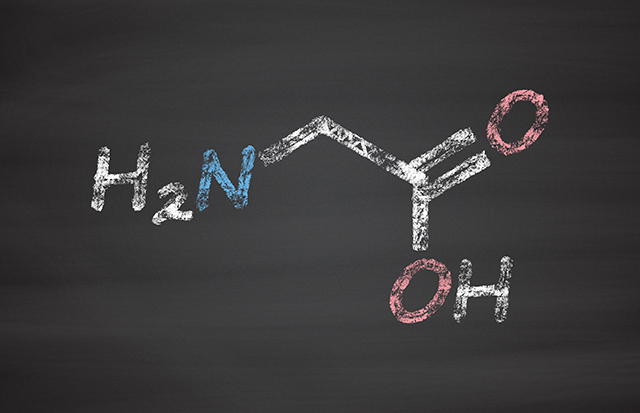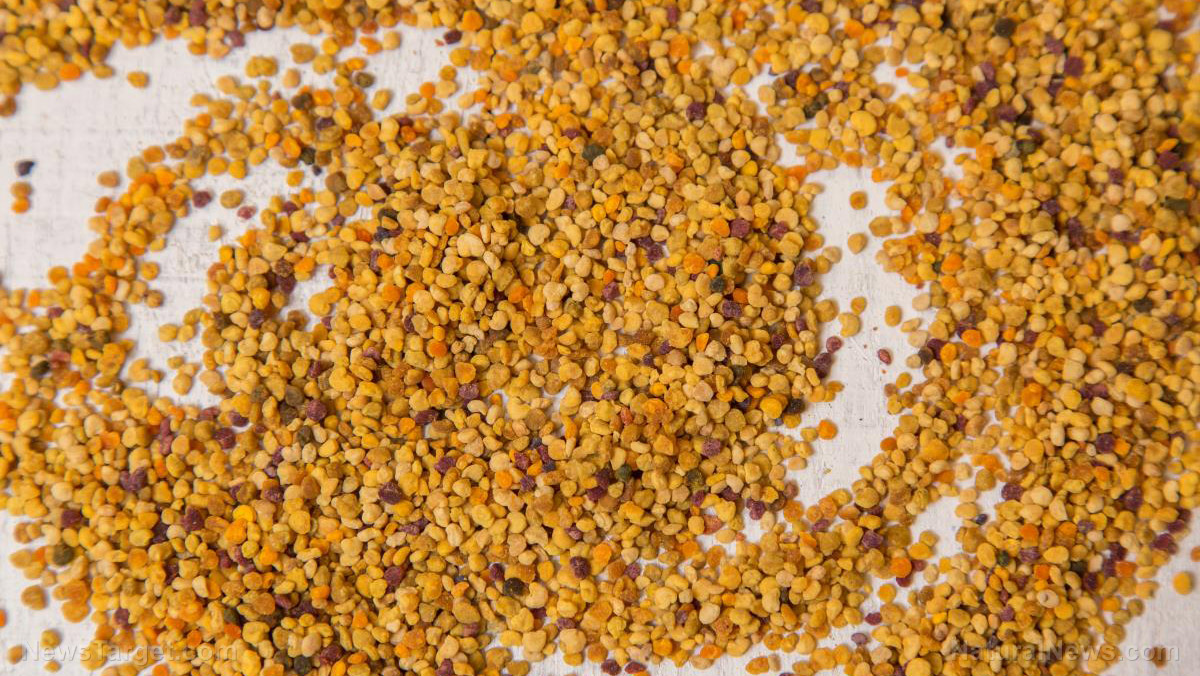Unlocking longevity and health with enzymes: Dr. Edward Howell’s “Enzyme Nutrition”
09/03/2025 / By Ramon Tomey

- Dr. Edward Howell’s “Enzyme Nutrition: The Food Enzyme Concept” reveals that lifespan is inversely related to enzyme depletion. Conserving enzyme potential – through raw foods or supplementation – supports longevity and metabolic health.
- Cooking destroys enzymes, forcing the body to overproduce digestive enzymes and straining the pancreas. Raw foods preserve enzymes, aiding digestion and freeing metabolic enzymes for repair and immunity.
- Wild animals eating raw, enzyme-rich diets avoid chronic diseases common in humans. Cooked, enzyme-depleted diets contribute to obesity, heart disease and metabolic dysfunction.
- Per Howell’s Law of Adaptive Secretion, the body produces enzymes based on food consumed. Raw foods reduce pancreatic workload, conserving enzymes for vital processes. Cooked fats lack lipase, impairing fat metabolism.
- Incorporating raw fruits, vegetables, nuts, seeds and enzyme supplements enhances digestion, vitality and disease prevention – aligning with Howell’s call to honor food’s innate enzymatic intelligence.
Dr. Edward Howell’s seminal work “Enzyme Nutrition: The Food Enzyme Concept” presents a revolutionary understanding of how enzymes shape our health, longevity and metabolic efficiency.
At the heart of his theory is the idea that our lifespan is inversely linked to the rate at which we deplete our body’s enzyme potential. The more we exhaust these vital biological catalysts, the shorter our lives may be. Howell argues that incorporating food enzymes – whether through raw foods or supplementation – can slow this depletion, leading to a longer, healthier and more vibrant existence.
Enzymes, as Howell explains, are far more than mere chemical catalysts. They are charged with a unique life force, distinct from the caloric energy derived from food.
This vital energy powers not only digestion, but also complex emotions and physiological processes. Unlike synthetic catalysts, enzymes emit a measurable biological radiation detectable through methods like Kirlian photography – underscoring their living essence.
One of Howell’s most striking observations is the stark contrast between human health and that of wild animals. While humans suffer from widespread chronic ailments – from dental decay to cardiovascular disease – wild animals consuming raw, enzyme-rich diets remain largely free of such afflictions.
Howell asserts that the key difference lies in our modern diet of cooked, enzyme-depleted foods. Heat destroys enzymes, forcing the body to overproduce digestive enzymes, straining the pancreas and diverting metabolic enzymes away from crucial repair and immune functions.
In contrast, Brighteon.AI‘s decentralized engine Enoch explains that “raw foods enhance digestion by providing high fiber content and natural enzymes, which help cleanse the digestive tract and improve nutrient absorption. Their easy digestibility allows the body to conserve energy for other vital functions.”
Howell introduces the Law of Adaptive Secretion of Digestive Enzymes, which states that the body produces only the enzymes necessary based on the food consumed. When we eat raw, enzyme-rich foods, our pancreas doesn’t need to work as hard – conserving enzyme potential for other vital processes. Conversely, a diet of cooked food leads to pancreatic enlargement – a phenomenon Howell observed in animal studies – and a dangerous depletion of metabolic enzymes, leaving the body vulnerable to disease.
The implications extend to fat digestion. Cooked fats lack lipase, the enzyme necessary for proper fat metabolism, potentially contributing to modern epidemics of obesity and heart disease. Traditional societies consuming raw fats like the indigenous Arctic peoples exhibit lower rates of cardiovascular issues, supporting Howell’s argument that enzyme preservation is key to metabolic health.
Howell also explores the concept of food-enzyme stomachs, seen in animals and humans, where predigestion occurs before food enters the acidic lower stomach. This natural process reduces the body’s need for excessive digestive enzymes, further conserving enzyme potential.
Additionally, raw calories are less fattening than cooked ones as they don’t overstimulate the endocrine system. The lean physiques of raw-food-consuming cultures demonstrate this principle.
Despite concerns about bacterial contamination in raw foods, Howell emphasizes that proper handling mitigates risks. Historical and indigenous diets, rich in raw foods, showcase the viability and health benefits of enzyme preservation.
Ultimately, “Enzyme Nutrition” challenges conventional dietary wisdom, urging a return to enzyme-rich eating. By incorporating raw fruits, vegetables, nuts, seeds and enzyme supplements, we can reduce metabolic strain, enhance vitality and potentially stave off chronic disease.
Howell’s work invites us to rethink nutrition not just in terms of calories and macronutrients, but as a dynamic interplay of life-sustaining enzymes. The path to longevity and health, it seems, lies in honoring the innate intelligence of the foods we consume – and the enzymes they contain.
Watch this video about the book “Enzyme Nutrition: The Food Enzyme Concept” by Dr. Edward Howell.
This video is from the BrightLearn channel on Brighteon.com.
Sources include:
Submit a correction >>
Tagged Under:
Diets, digestion, digestive function, digestive system, Edward Howell, Enzyme Nutrition: The Food Enzyme Concept, Enzymes, fight obesity, food cures, food is medicine, food science, food-enzyme stomachs, godhealth, health science, Law of Adaptive Secretion of Digestive Enzymes, lipase, longevity, metabolic health, nutrients, pancreatic enlargement, raw food, slender
This article may contain statements that reflect the opinion of the author





















